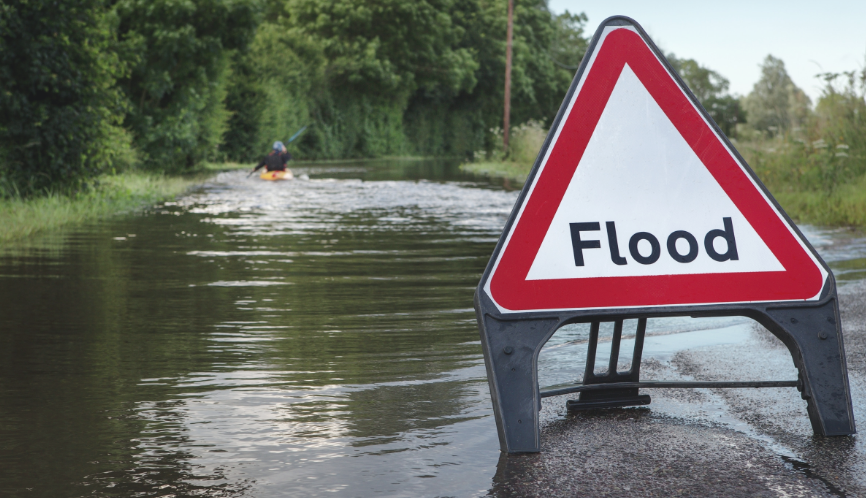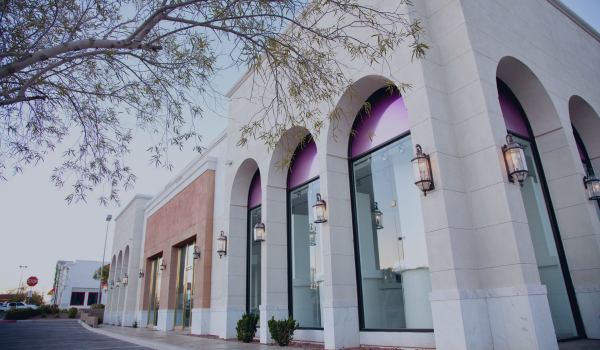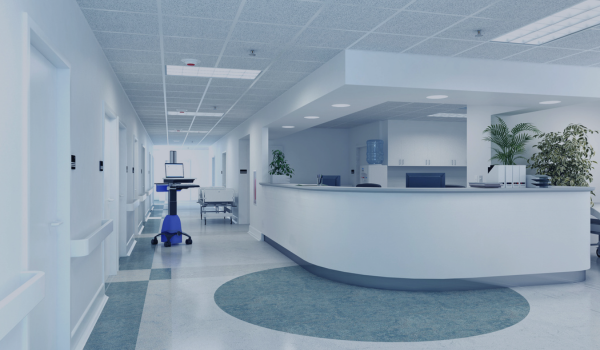With hurricane season set to begin on June 1, if you live in an area prone to hurricanes, now is the time to prepare for flooding. However, even if you think that you are not at risk for hurricanes, you should prepare for flooding. Anywhere it rains, it can flood!
Preparing for a Flood
The Federal Emergency Management Agency recommends a number of steps to stay safe during emergencies and limit damage from flooding.
- Build an emergency kit for your family containing such items as drinking water and nonperishable food for each member of your family (two-week supply), flashlights, a radio, extra batteries, a first-aid kit, necessary medications, personal hygiene items and copies of important documents.
- Create a communication plan so family members can stay in touch.
- Elevate your furnace, water heater and electric panel in your home if you live in an area with a high flood risk.
- Consider installing “check valves” to prevent floodwater from backing up into the drains of your home.
- If possible, construct barriers to stop floodwater from entering your home and seal basement walls with waterproofing compounds.
During a Flood
If a flood in your area is likely, quick action may be necessary to protect your family and property.
- Keep informed through radio or television.
- Move immediately to higher ground if there is any possibility of a flash flood. Do not wait for instructions to move.
- If you need to evacuate, secure your home and move essential items to an upper floor. Turn off utilities if instructed to do so, and disconnect electrical appliances. However, do not touch electrical equipment if you are wet or standing in water.
- Do not walk through moving water — you could fall. Use a stick to check the firmness of the ground in front of you.
- Do not drive into flooded areas. If you are caught in your vehicle in floodwater, abandon your car and move to higher ground if you can do so safely.
- If you have evacuated your home, do not return until authorities tell you it is safe.
After a Flood
Flooding can cause emotional stress along with physical hazards, so be mindful of your and your family’s well-being after the flood.
- Floodwater can be contaminated by oil, gasoline or sewage, so avoid contact as much as possible.
- Make sure your city’s water supply is safe to drink.
- Clean and disinfect everything that was in contact with floodwater.
- Flooding is one of the most common hazards in the U.S. Being prepared for any emergency is crucial for your safety your family’s safety. Don’t be caught off guard!
Most importantly, please note that flood damage is typically not covered by your homeowners or renters insurance. There are specialized flood insurance programs that RMC Group can discuss with you.
If you don’t have flood insurance and would like a quote, contact RMC Group at 888.599.5553 or rmc@rmcgp.com.



